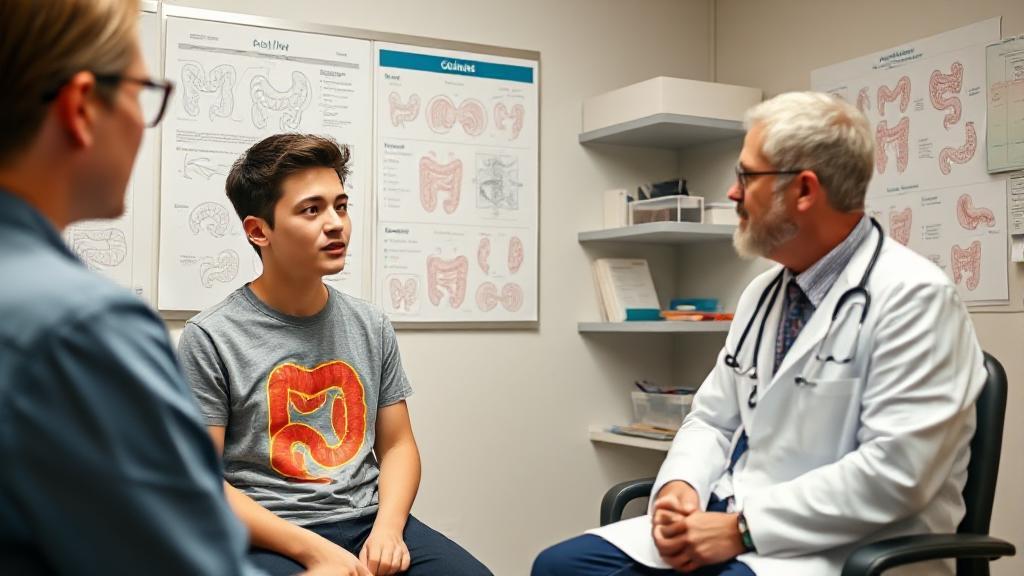Understanding Colonoscopy
A colonoscopy is a medical procedure that examines the inner lining of the large intestine using a thin, flexible tube called a colonoscope. While routine screenings typically begin at age 45 for average-risk individuals, certain circumstances may necessitate earlier screening.
The procedure can detect:
- Polyps: Small clumps of cells that can develop into cancer
- Cancer: Early-stage colorectal cancer
- Inflammation: Conditions like ulcerative colitis or Crohn's disease
- Bleeding: Unexplained gastrointestinal bleeding
Key Risk Factors
Family History
- First-degree relatives diagnosed with colorectal cancer
- Known genetic conditions like Lynch syndrome or familial adenomatous polyposis (FAP)
- Multiple second-degree relatives with colorectal cancer
Personal Medical History
- Inflammatory bowel disease (IBD)
- Ulcerative colitis
- Crohn's disease
- Previous precancerous polyps
- History of radiation therapy to the abdomen or pelvis
Warning Signs and Symptoms
Symptoms that may warrant early screening include:
- Persistent changes in bowel habits
- Unexplained abdominal pain
- Rectal bleeding or blood in stool
- Unexpected weight loss
- Chronic fatigue
- Weakness
"Any persistent digestive symptoms lasting more than three weeks should be evaluated by a healthcare provider, regardless of age." - American Cancer Society
Lifestyle Factors That Increase Risk
Diet and Exercise
- High consumption of processed meats
- Low-fiber diet
- Sedentary lifestyle
- Obesity
Other Factors
- Heavy alcohol consumption
- Smoking
- Type 2 diabetes
What to Expect During a Colonoscopy
The procedure typically involves:
- Preparation: Following a special diet and taking laxatives
- Sedation: Medication to help you relax
- Insertion of the colonoscope
- Examination of the colon
- Removal of any polyps found
Prevention Strategies
Lifestyle Modifications
- Maintain healthy weight
- Exercise regularly
- Increase fiber intake
- Quit smoking
- Limit alcohol consumption
Regular Monitoring
- Keep scheduled check-ups
- Report new symptoms promptly
- Update family history regularly
- Stay informed about changing guidelines
Insurance Considerations
Most insurance providers will cover early screening when medically indicated. Important steps include:
- Verifying coverage before scheduling
- Obtaining necessary pre-authorizations
- Documenting medical necessity
- Appealing denials if appropriate
Alternative Screening Options
While colonoscopy is the gold standard, other options may be appropriate:
- Fecal immunochemical test (FIT)
- Stool DNA testing
- CT colonography
- Flexible sigmoidoscopy
For more information, visit the Mayo Clinic's guide on colonoscopy or the Centers for Disease Control and Prevention (CDC).
